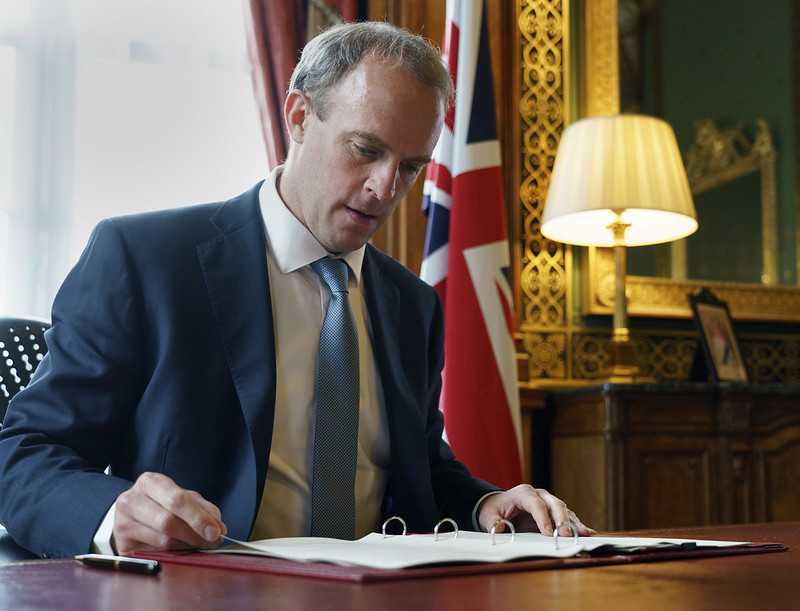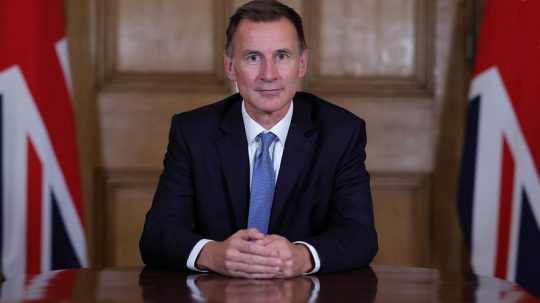The National Security Bill aims to completely overhaul ‘outdated’ espionage laws and create new measures to allow law enforcement and intelligence agencies to deter, detect and disrupt threats to the UK. But MPs and press freedom organisations fear that the Bill is vague and could lead to journalists, whistleblowers and activists being treated like spies.
The Bill was backed last month by MPs in parliament and is currently undergoing a second reading in the House of Lords, which is one of the final stages before a Bill achieves royal assent and becomes an act.
The Home Office has said: “It will keep our country safe by making the UK an even harder target for those states who seek to conduct hostile acts against the UK, steal our information for commercial advantage or interfere in our society covertly.”
This Bill was brought forward coinciding with the passing of the Economic Crime (Transparency and Enforcement) Act 2022, the National Security and Investment Act 2021, and potentially the Online Safety Bill – which is currently at report stage in the House of Commons.
The right to life is enshrined in the Human Rights Act 1998 (HRA) and states that public authorities should consider your right to life when making decisions that might put you in danger or affect your life expectancy, which can include decisions about national security. However, there is also the right to privacy, which is recognised under Article 8 of the HRA.
This right means that the media must keep information about its sources securely and are unable to share source without the person’s permission, except in certain circumstances. This includes keeping materials such as official records, photographs, letters, diaries and medical records secure. However, if the National Security Bill is passed, it could conflict with Article 8, and it could see journalists forced to give up sources to authorities, which would violate source protection law and safeguarding.
Backbenchers had wanted a ‘public interest defence’
If the Bill is passed, a person who obtains, copies, records or retains protected information, or discloses or provides access to protected information, could receive life imprisonment and/or a fine.
Backbench MPs had called for a public interest defence to be incorporated into the Bill, which would prevent journalists from being imprisoned for sharing restricted information. The Bill itself has been called a disaster for free press in the UK.
The Bill has been criticised for giving the government “disproportionate and vague powers” that may stop media outlets and independent journalists from publishing information that is of public interest.
A public interest defence would have provided a framework for journalists to use as a defence in court if they were to publish undisclosed government information that they believe the public has a right to know about. This information may not relate whatsoever to national security but it can be information that wasn’t published to the benefit of the government.
Under the Bill, A “trade secret” means any information, document or other article which is not generally known by, or available to, people with knowledge of or expertise in the field which it relates to. The wording of this is so broad that it could be interpreted as any material that has not been published by an authority.
Journalists could be jailed for releasing information that is of public interest – even if it isn’t a risk to national security
The Bill clarifies that a person will be prosecuted if they posses a “trade secret”, which includes information that has “an actual or potential industrial, economic or commercial value” which could be “expected to be” impacted if it were to become public knowledge or if they were aware that it had intentionally not been released to the public.
Despite a recent campaign by a coalition of media organisations and journalists, the public interest defence is currently not included in the Bill.
Nik Williams, the policy and campaigns officer at the organisation Index on Censorship, called the Bill a severe threat: “While the government has stated its desire to protect journalism, these assurances are no more than words, with no protections to be found in the proposed legislation. This Bill represents a severe threat to media freedom, free expression and the public’s right to know.”
The National Security Bill is currently in its second reading in the House of Lords. It will then undergo a committee stage a report stage before a third reading and an amendment stage before receiving royal assent.





